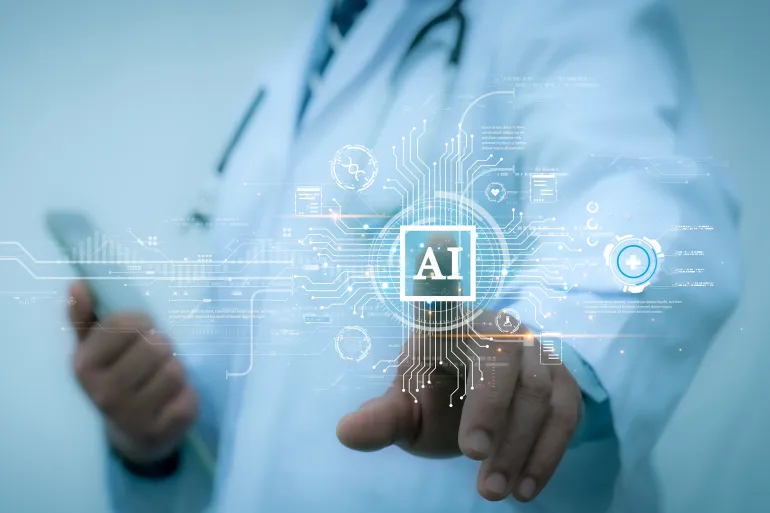Artificial intelligence (AI) plays an increasingly significant role in the medical field, improving healthcare efficiency, enhancing patient experiences, and supporting healthcare professionals.
AI is revolutionizing the healthcare landscape, with over 600 AI-powered medical devices now available on the market.
Dr. Brennan Spiegel, Director of Health Services Research at Cedars-Sinai, stated, “AI is revolutionizing the way we handle diagnosis, treatment, and patient management,” according to Cedars-Sinai Hospital in the United States.
Streamlined Processes
AI supports healthcare providers by improving operational efficiency. Current AI models can quickly and accurately collect patient information, triage patients, and capture and document data in ways that satisfy insurance companies.
Dr. Jonathan Winer, the Chief Medical Officer of Primary Care at Cedars-Sinai, explained, “AI may assist, but the doctor is still the one who examines patients, diagnoses them, and determines the best treatment plan.”
Winer also noted, “It’s important to recognize and address the potential risks when creating AI. When appropriate precautions are integrated into the model, AI can also eliminate implicit human bias.”




















